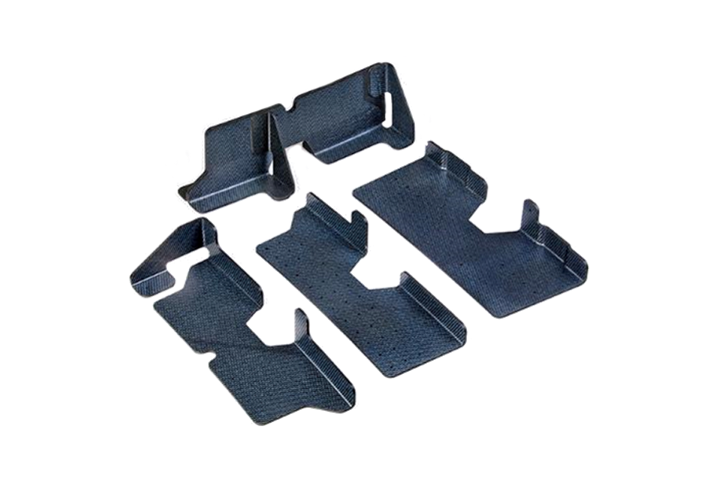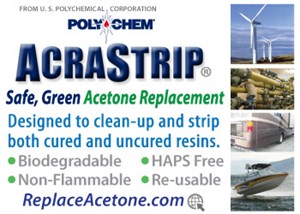CAMX 2022 exhibit preview: Wickert Hydraulic Presses USA
Wickert Hydraulic Presses showcases its custom hydraulic presses and fully automated press systems for demanding composite manufacturing solutions.
Share
Read Next
Wickert Hydraulic Presses USA (Hebron, Ken., U.S.) is a division of Wickert Maschinenbau GmbH, a family-owned company founded in 1901 and based in Landau, Germany. The company is active in the development and manufacture of custom hydraulic presses and fully automated press systems. All machines and systems have a modular footprint for optimal space savings and feature pressing forces between 2-10,000 metric tons. The provided systems are used to process composites, elastomers, plastics and powder materials.
Hydraulic composite presses for forming fiber-reinforced composites are one of Wickert’s core products. Composites presses from Wickert are not only available with various process technologies such as compression, thermoforming or injection, but they are also offered as turnkey, fully automated systems, the company says.
Wicket says its high level of specialization is evident in two case studies. The first is an instance where a German research institute was developing a test series of engine block carriers for the Volkswagen Golf e. The company processed glass mat-reinforced thermoplastics that required a rapid buildup of force; the mats, which are heated to 446°F in a preheating station, have to be processed immediately in the press at a minimum of 374°F. Wickert’s automated turnkey line featuring the company’s WKP 2500 S Press served as a suitable solution.
The four-column composite press with fully hydraulic closing system and active parallelism control offers a maximum deviation of 0.05 mm during the pressing process, Wickert reports. It has a 59" × 79" clamping plate and is characterized by its dynamic opening and closing speed of 300 mm/s, a press speed of 10 mm/s and an opening force of 37 tons. Wickert explains that the press is notable not only due to its high speed, but also because of its high precision. The integration of a robot, which handles the material from the furnace into the die, promotes a smooth run of the production process.
The second case study that Wickert says highlights its experience involves the aerospace industry, which uses composite components, including 3D-shaped, thermoformed carbon fiber-reinforced polymer (CFRP) clips. Important conditions for this application were the production of a small quantity but a high variance of different product shapes, a necessary homogeneous preheating up to 806°F, a transfer time from the preheating oven into the mold of less than six seconds and consistent data acquisition of parameters.
Wickert says it developed a fully automated production cell. This cell houses a press with a magnetic mold clamping system, automatic release agent spraying the mold and a distinctive press design to compensate for eccentric loads. Additionally, there is a robot with gripping system for product manipulation, and an additional robot for mold manipulation and mold change.
Related Content
-
Co-molding SMC with braided glass fiber demonstrates truck bed potential
Prepreg co-molding compound by IDI Composites International and A&P Technology enables new geometries and levels of strength and resiliency for automotive, mobility.
-
Plant tour: Teijin Carbon America Inc., Greenwood, S.C., U.S.
In 2018, Teijin broke ground on a facility that is reportedly the largest capacity carbon fiber line currently in existence. The line has been fully functional for nearly two years and has plenty of room for expansion.
-
Carbon fiber composite pallet revolutionizes freight industry
LOG Point Pallet fuses advanced materials with innovative design and manufacturing to improve supply chains worldwide.
















